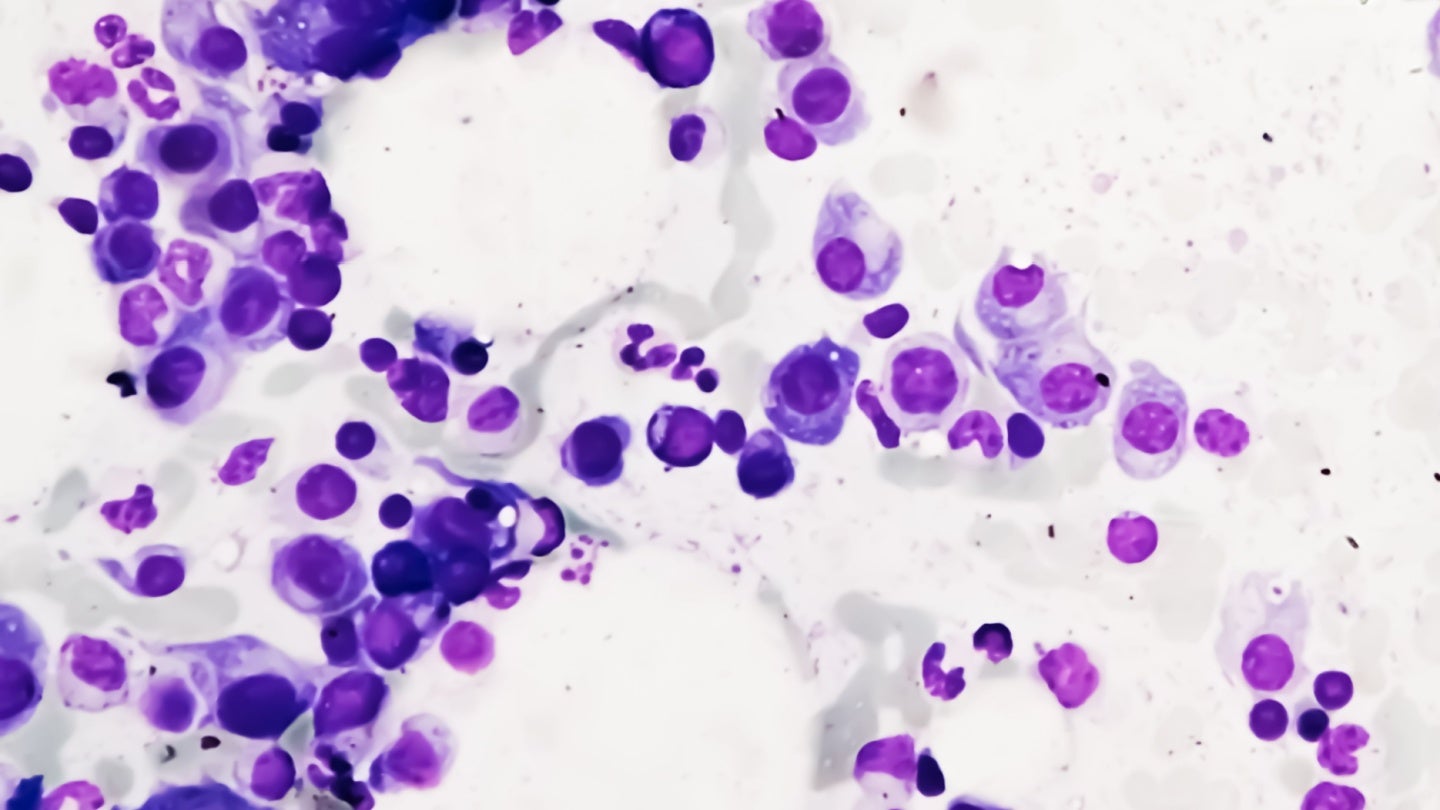STAT+: Blood cancers may arise from CAR-T cells, but experts think only in very rare cases
“I don’t think it changes the risk-benefit calculation for any particular patient considering CAR-T right now,” a cancer researcher says after the FDA announced an investigation of the therapy.

The announcement on Tuesday that the Food and Drug Administration was investigating whether CAR-T immunotherapy had itself caused blood cancers initially appeared to be a significant blow to one of the brightest spots in cancer care.
But experts quickly cautioned that risk of this complication is probably minuscule compared to the known risk of secondary cancers from other cancer therapies like chemotherapy and radiation. They noted that CAR-T cells are immune cells that are genetically engineered to fight cancer, and that such genetic modifications were long thought to carry a risk of causing a second, new cancer in patients. The surprise, in a way, is that since CAR-T was first invented more than 10 years ago, that risk had remained just theoretical.
“There’s been a requirement for long-term follow up. I think this is why we’re all surprised. As far as I think any one of us knew, it’d never happened with any of the FDA-approved CAR-Ts,” said Marcela Maus, a cell therapy researcher at Mass General Cancer Center.
What's Your Reaction?

































